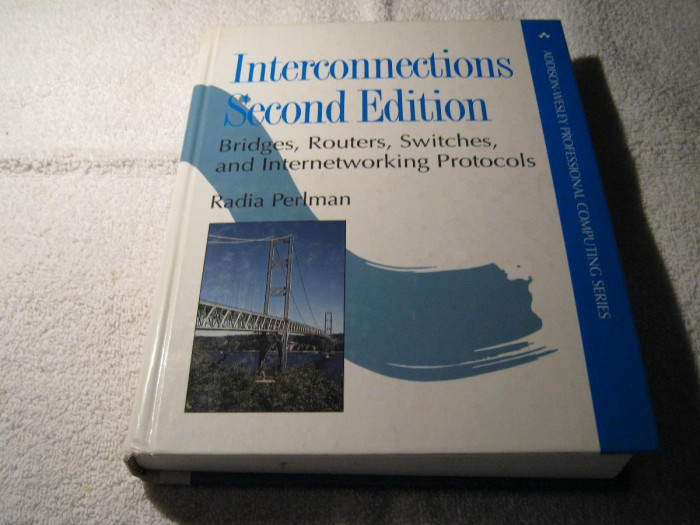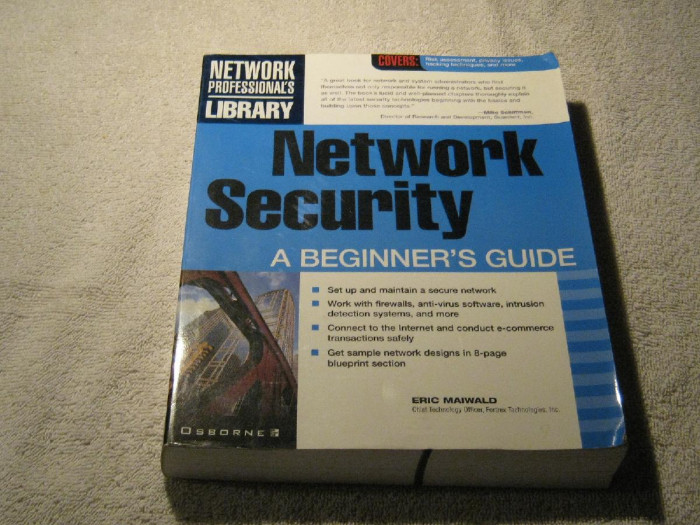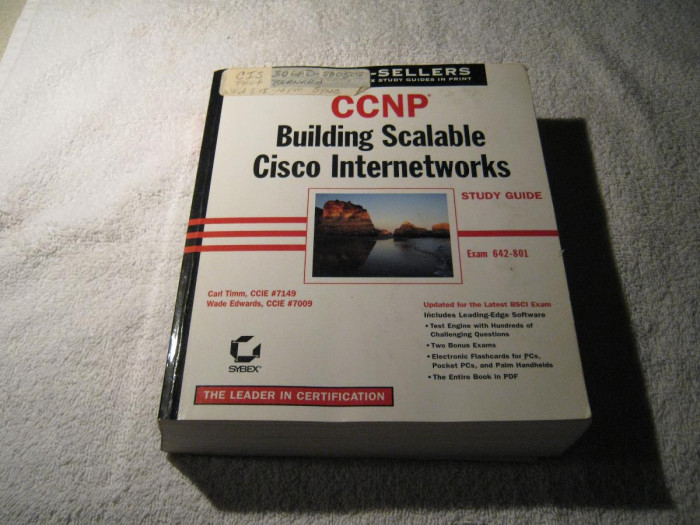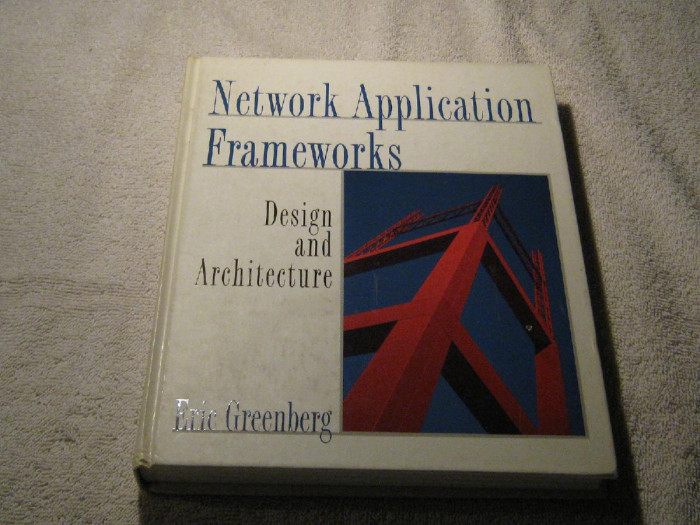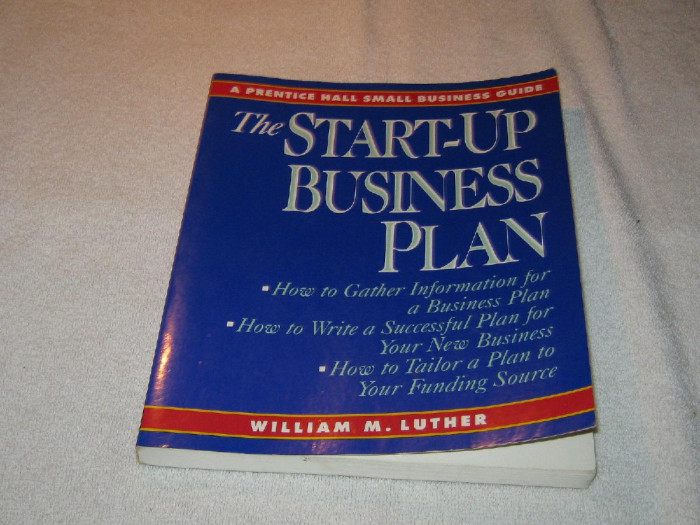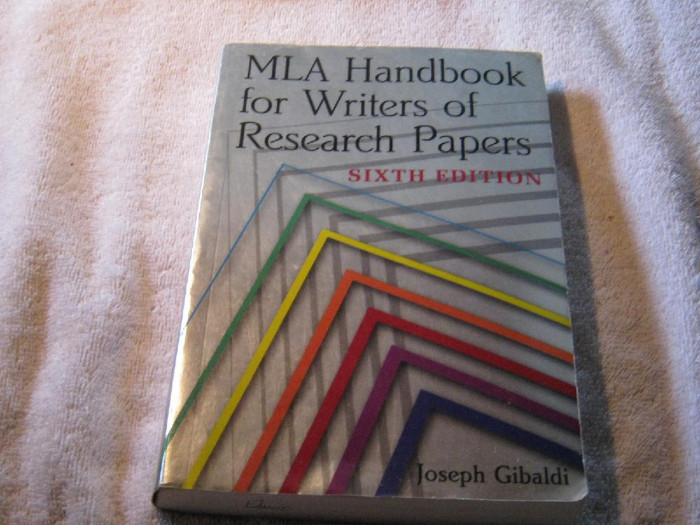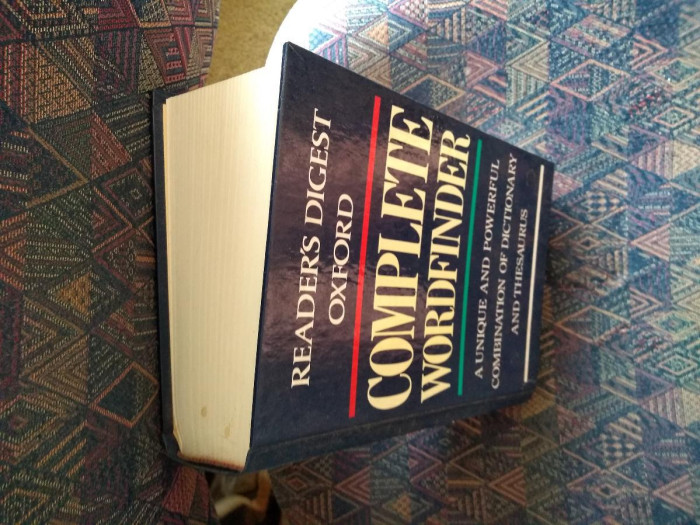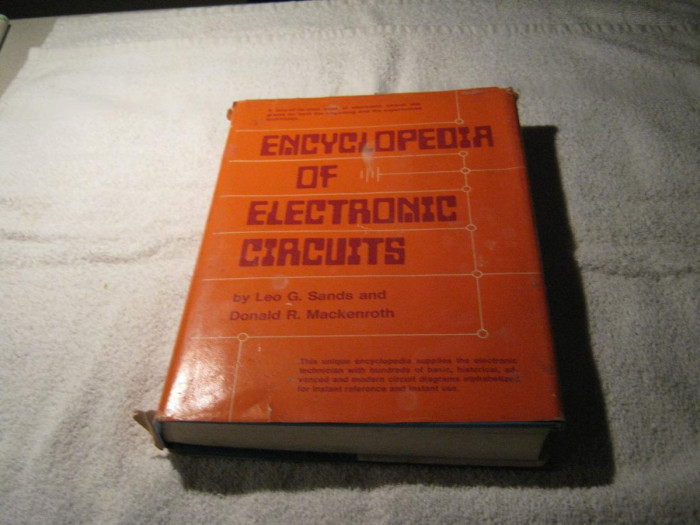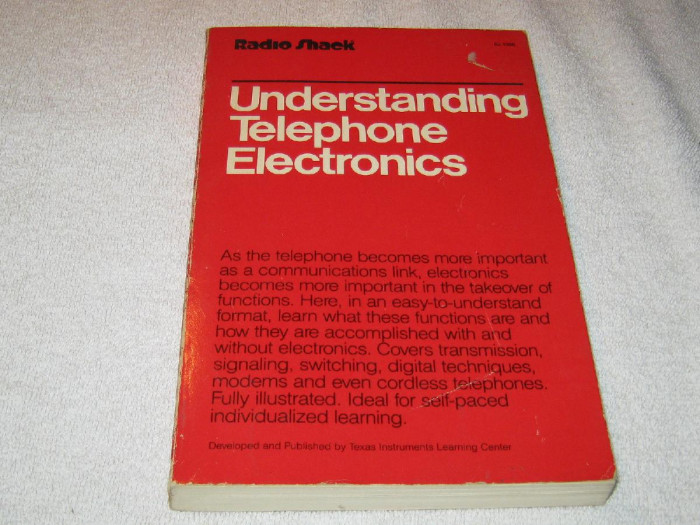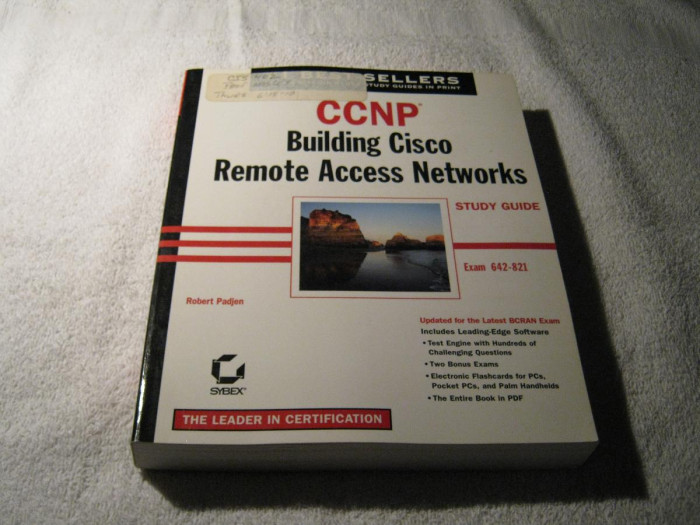Voices of Wisdom – 5th Edition
description
condition: **excellent**
Local pick-up preferred, but will ship at the buyer’s expense. Kingston – Books 3 – IMG_1128 Author: Gary E. Kessler Publisher: Thompson/Wadsworth Preface Since the publication of the first edition of Voices of Wisdom, I am gratified to note that more introductory textbooks now incorporate a multicultural perspective – a perspective that was unique to this introductory reader when it was first published in 1992, At that time the introductory readers that we available treated philosophy as if was an entirely an Angelo-European male phenomenon. Little or no attention was given to Hindu, Buddhist, Chinese, African, Native American, Latin American, and feminist philosophy. Voices of Wisdom helped to change that situation, offering, to those who wished it the possibility of assigning significant readings that represent the global nature of philosophizing. This fifth edition continues to offer a multicultural perspective and has benefited from the teaching and learning experiences of the many instructors and students who used the previous editions. Readers have learned that ideas from other cultures are worth careful consideration and that these ideas make important contributions to human understanding. Philosophy in a Multicultural Perspective Although I wish to stress the universal nature of philosophizing, I am well aware of the dangers of Anachronism. A text of this sort not only problems associated with anachronism in the historical sense but also what we might term “cultural anachronism.” The writings of ancient philosophers mingle with modern texts, and thinkers from different cultures from different cultures are brought together. The student might get the impression that Plato, Buddha, Nietzsche, Confucius, Descartes, and Aristotle are all contemporaries discussing the same issues with the same concepts in English! There are similarities. But there are also vast differences. Where appropriate, the important similarities and differences are stressed in my introductory remarks. My selection of issues betrays my own Anglo-European perspective. Whereas many of the topics are fundamental and universal (How should one live? Is knowledge possible? What is Really real?), their importance and centrality differ from tradition to tradition. The mind-body problem, the puzzle of freedom and determinism, the problem of moral skepticism – these problems are not necessarily the central ones that gripped the mind of the Chinese or Indian philosophers, Just as Anglo-European philosophers have not had much to say about Karma, Buddist thinkers have not been overly concerned with proving the existence of God. Contents by Chapter PART I. INTRODUCTION Chapter 1. What is a Philosophy? 1.1 A Definition of Philosophy 1.2 What is Rationality? 1.3 Why Study Multicultural Philosophy? 1.4 Does Philosophy Bake Bread? Bertrand Russell: On the Value of Philosophy 1.5 Reading Philosophy PART II ETHICS Chapter 2. How Should One Live? 2.1 Introduction 2.2 The Buddha and the Middle Way The Buddha: The Four Noble Truths Walpola Rahula: The Fourth Noble Truth 2.3 Confucius and the Life of Virtue D.C. Lau: Confucius and Moral Character 2.4 Socrates on Living the Examined Life Plato: The Apology 2.5 Aristotle on Happiness and the Life of Moderation Aristotle: Nicomachean Ethics 2.6 The Song of God Bhagavad-Gita 2.7 Does Life Have Meaning? Daniel Kolak and Raymond Martin: Meaning Chapter 3. How Can I Know What Is Right? 3.1 Introduction 3.2 Kant and the Categorical Imperative Immanuel Kant: Groundwork of the Metaphysics of Morals 3.3 Utilitarianism John Stuart Mill: What Utilitarianism Is 3.4 Revaluation of Values. Frederich Nietzsche: Beyond Good and Evil On the Genealogy of Morality 3.4 Care versus Rights Joy Koerger-Mappes: The Ethic of Care vis-à-vis the Ethic of Rights 3.6 Moral Relativism David Wong: Relativism Chapter 4. What Makes a Society Just? 4.1 Introduction 4.2 God and Justice Majid Khadduri: The Islamic Conception of Justice 4.3 Capitalism and Exploitation Karl Marx and Friedrich Engels: Manifesto of the Communist Party 4.4 The Original Position John Rawls: A Theory of Justice 4.5 Our Obligation to the State Plato: Crito 4.6 Civil Disobedience Martin Luther King, Jr.: Letter from Birmingham Jail 4.7. Sovereignty and Justice: An Indigenist’s Viewpoint Ward Churchill: Perversion of Justice Chapter 5 Is Justice for All, Possible? 5.1 Introduction 5.2 Universal Human Rights Rene’ Trujillo: Human Rights in the Age of Discovery” United Nations Universal Declaration of Human Rights 5.3 Racism and Feminism bell hooks: Ain’t I a Woman 5.4 Globalization and Justice Benjamin R. Barber: Jihad vs McWorld 5.5 Terrorism and Mortality Bat-Ami Bar On: Why Terrorism Is Morally Problematic 5.6 Justice and the Land Aldo Leopold: The Land Ethic PART III EPISTEMOLOGY Chapter 6 Is Knowledge Possible? 6.1 Introduction 6.2 Sufi Mysticism Al-Ghazali: Deliverance from Error 6.3 Is Certainty Possible? Rene’ Descartes: Meditations I and II 6.4 Empiricism and Limited Skepticism David Hume: An Enquiry Concerning Human Understanding 6.5 Should We Believe Beyond the Evidence? William K. Clifford: The Ethics of Belief William James: The Will to Believe 6.6 Classical Indian Epistemology D.M. Datta: Knowledge and the Methods of Knowledge 6.7 Afrocentric Feminist Epistemology Patricia Hill Collins: Toward and Afrocentric Feminist Epistemology Chapter 7 Does Science Tell Us the Whole Truth and Nothing But the Truth? 7.1 Introduction 7.2 The Growth of Scientific Knowledge Karl R Popper: Conjectures and Refutations 7.3 Scientific Revolution Thomas S. Kuhn: The Structure of Scientific Revolutions 7.4 Feminism and Science Elizabeth Anderson: Knowledge, Human Interests, and Objectivity in Feminist Epistemology 7.5 Japanese Views of Western Science Thomas P. Kasulis: Sushi, Science, and Spirituality 7.6 Science and Traditional Thought Kwame Anthony Appiah: Old Gods, New Worlds PART IV METAPHYSICS Chapter 8 What is Really Real? 8.1 Introduction 8.2 The Dao Laozi: Dao De Jung 8.3 Platonic Dualism Plato: The Republic 8.4 Nondualism Shankara: The Crest-Jewel of Discrimination 8.5 Subjective Idealism George Berkley: The Principles of Human Knowledge 8.6 Pre-Columbian Cosmologies Jorge Valadez: Pre-Columbian Philosophical Perspectives 8.7 So What Is Real? Jorge Luis Borges: The Circular Ruins Chapter 9 Are We Free or Determined? 9.1 Introduction 9.2 We Are Determined Laura Waddell Ekstrom: Arguments for Incompatibilism 9.3 We Are Free Jean-Paul Sarter: Existentialism 9.4 Karma and Freedom Sarvepalli Radhakrishnan: Karma and Freedom 9.5 We Are Both Free and Determined Raymond M. Smullyan: Is God a Taoist? Chapter 10 What Am I? 10.1 Introduction 10.2 You Are Your Mind Rene’ Descartes: Meditation VI 10.3 You Are an Embodied Self Eve Browning Cole: Body, Mind and Gender 10.4 You Are a Computing Machine Bruce H. Hinrichs: Computing the Mind 10.5 You Are Not a Machine John Searle: Can Computers Think? Chapter 11 Who Am I? 11.1 Introduction 11.2 There Is No Self The Buddha: False Doctrines about the Soul 11.3 Down with the Ego Derek Parfit: Divided minds and the Nature of Persons 11.4 Where Am I? Daniel Dennett: Brainstorms 11.5 Social Identity Gloria Anzaldua: How to Tame a Wild Tongue 11.6 Gender Identity Deirdre (Donald) N. McLoskey: Crossing Chapter 12 Is There a God? 12.1 Introduction 12.2 Arguments for God’s Existence St. Thomas Aquinas: The Five Ways William Craig: The Kalam Arguments from Islam Gunapala Dharmasiri: Problems with the Cosmological Argument 12.3 Hinduism and Science P. Venugopopala Rao: Science and Dharma 12.4 Creation vs. Evolution Richard Dawkins: The Blind Watchmaker 12.5 The Mystery of Evil Louis P. Poajman: The Problem of Evil 12.6 The Gender of God Mary Daly: Beyond God the Father 12.7 Are All Religions True? John B. Cobb, Jr.: Beyond Pluralism Appendix I Glossary Appendix II Pronunciation Guides Paperback 570 pages ISBN: 0-534-60570-2




